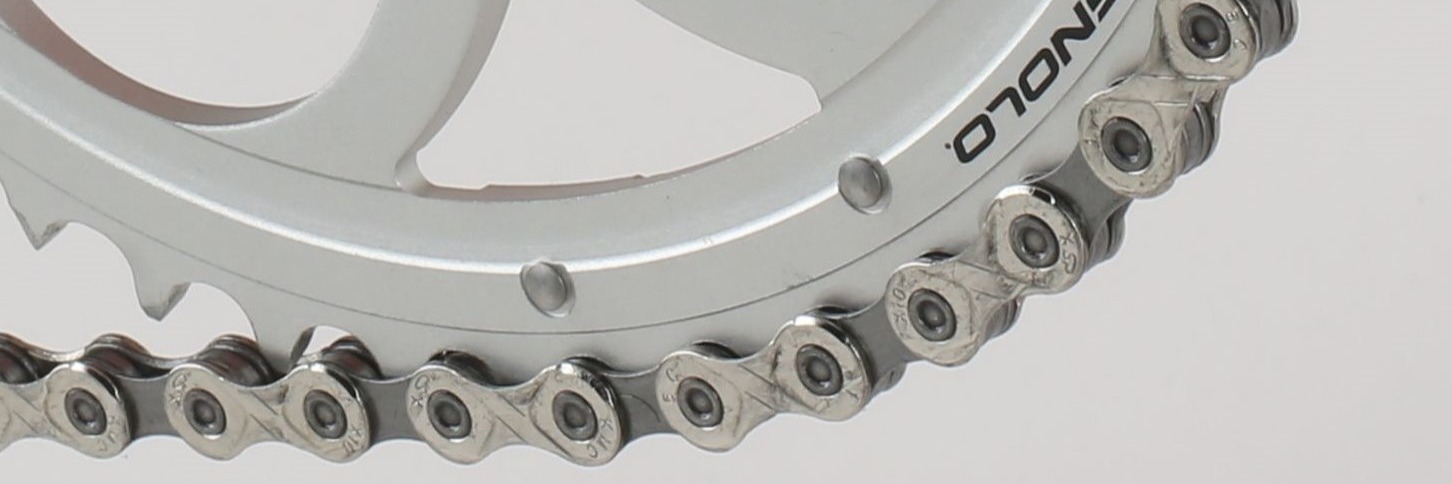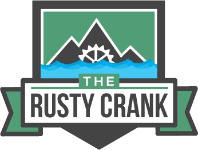Oil Your Chain !
Ok -not that much.
Rust is your chain oxidizing to oblivion. The most important property of whatever lube you use is: oil and water don't mix. And water is not a proper chain lube.
Consider your lube to be a cleaner -it is.
If the chain looks dirty, saturate it with lube, carefully applying it to nothing else. Any lube will render brake surfaces useless. After a minute or so, wipe it all off. You'll notice the color of the material in the rag is not the same as the lube you just applied, hence the detergent action you probably overpaid for.
Note that it is not possible to wipe too much away. The sub-millimeter gaps between sections of the chain, effectively hold fluids (oil or water) by capillary action. This is where the lube prevents consequential rust. Lube (or rust) on the outside of the chain is inconsequential, except that oil may hold particles of dirt in suspension necessitating more rag action.
The heavier the oil, the more water resistant it will be but it will also have capacity to hold more and larger dirt particles. A lighter oil may be "cleaner" but will be more easily displaced by water.
This is the conundrum of chain lubes. A chain will suffer being dirty - not rusty.
Solvents
If a solvent is necessary, or if it starts squeaking, you have waited too long to oil your chain. Solvents are problematic in that they must be completely removed, or any lube applied thereafter is wasted - degraded by any remaining solvent.
It is best to remove whatever component from the bike before applying solvent in order to not contaminate adjacent parts - preserving their contented lubricated state. Shops use a parts washer to accomplish this task.
Beware that oil is a solvent for grease and mixing is detrimental to essential characteristics of each.
| Previous Tip - Measure Your Chain | Next Tip - Inflate Your Tires |

